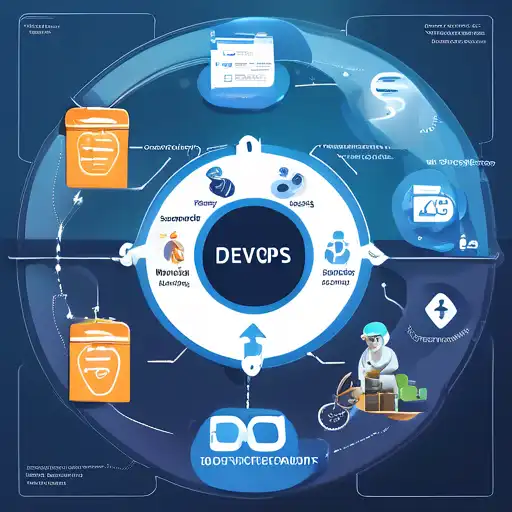Introduction to DevOps in Software Development
DevOps has revolutionized the way software is developed, deployed, and maintained. By bridging the gap between development and operations teams, DevOps practices ensure a smoother, faster, and more efficient software development lifecycle (SDLC). This article explores the pivotal role of DevOps in enhancing the SDLC, from planning to deployment and beyond.
The Core Benefits of DevOps
DevOps brings numerous benefits to the software development process, including improved collaboration, faster deployment times, and higher quality products. Below are some of the key advantages:
- Improved Collaboration: DevOps fosters a culture of collaboration between developers and operations teams, breaking down silos and encouraging shared responsibility.
- Continuous Integration and Continuous Deployment (CI/CD): Automating the integration and deployment processes reduces errors and speeds up delivery.
- Enhanced Efficiency: Automation tools streamline workflows, allowing teams to focus on innovation rather than manual tasks.
- Increased Reliability: With continuous monitoring and testing, DevOps ensures that software is reliable and performs as expected.
DevOps Practices That Transform the SDLC
Implementing DevOps practices can significantly improve the efficiency and effectiveness of the SDLC. Here are some transformative practices:
- Infrastructure as Code (IaC): Managing infrastructure through code improves consistency and reduces manual errors.
- Microservices Architecture: Breaking down applications into smaller, independent services enhances scalability and flexibility.
- Automated Testing: Automated tests ensure that code changes do not break existing functionality, maintaining quality throughout the development process.
- Continuous Monitoring: Real-time monitoring of applications and infrastructure helps in identifying and resolving issues promptly.
Real-world Impact of DevOps
Many organizations have witnessed tangible benefits from adopting DevOps. For instance, companies report significant reductions in deployment times and improvements in operational efficiency. Moreover, DevOps practices have enabled businesses to respond more swiftly to market changes and customer needs, giving them a competitive edge.
Conclusion
DevOps is not just a set of practices but a culture that promotes collaboration, efficiency, and continuous improvement in the software development lifecycle. By embracing DevOps, organizations can achieve faster delivery times, higher quality software, and greater customer satisfaction. As the digital landscape evolves, DevOps will continue to play a critical role in shaping the future of software development.
For more insights into optimizing your development processes, explore our technology trends section.
